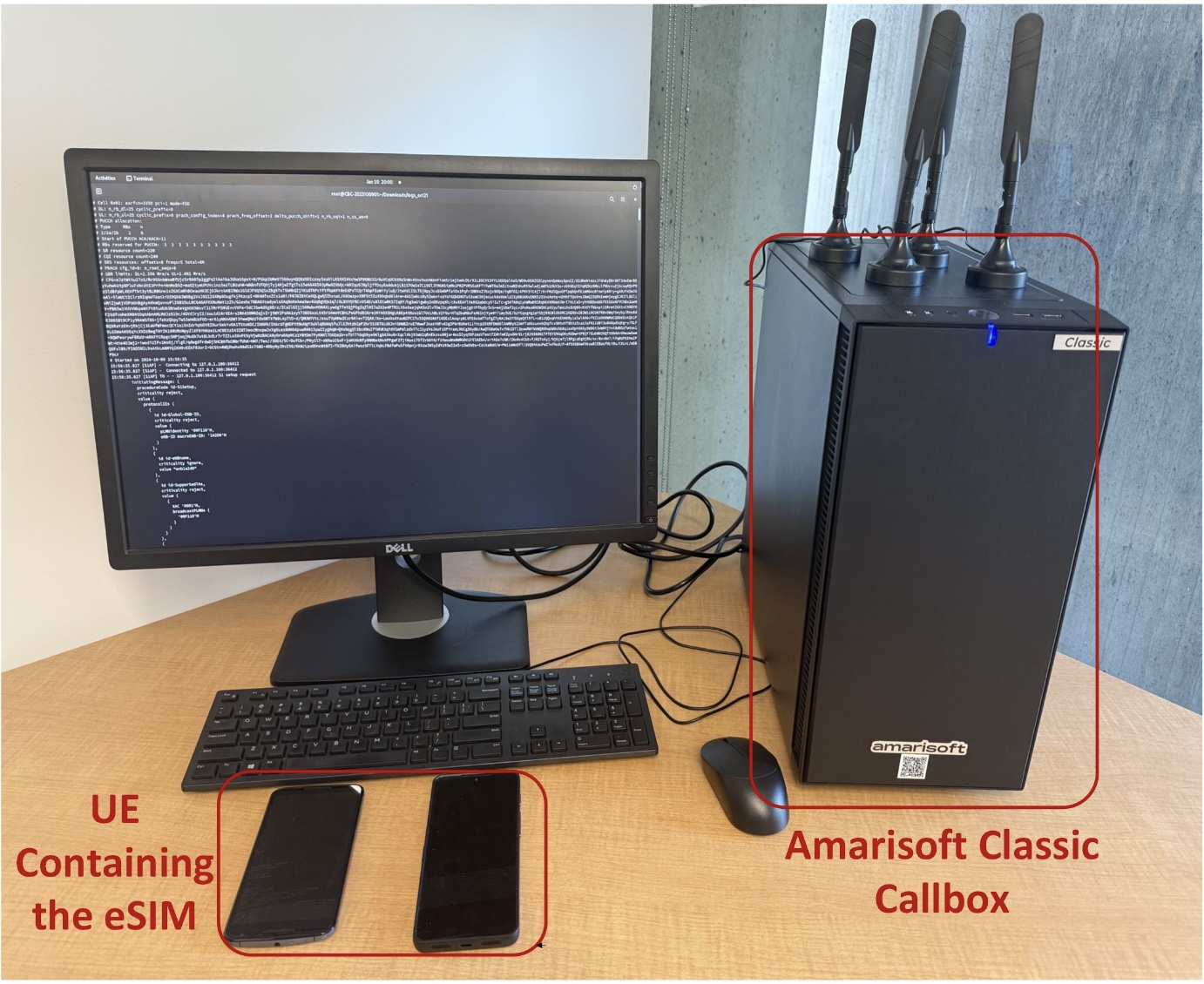Convenient tech brings big bundle of security and privacy risks.
Wherever the routing is, one has to encrypt the communication. More problematic is that the esim actually communicates on its own. Wtf is that even freely allowed…
Same play as the phone cards 15 years ago that you used to dial cheap international calls. All went through the NSA. Don’t hate the player. Also:encrypt sensitive information regardless of network.
Yeah simboxing baby :) Those were fun times.
Convenient tech brings big bundle of security and privacy risks.
As opposed to what other tech?
Also,
many providers route user data through foreign telecommunications networks without disclosing to customers that this is happening
Foreign to where?
Just so we’re clear, I’m not particularly keen on beign spied on by Chinese government or companies, but that level of unease is pretty much equivalent to having my data processed by their US counterparts. For people who don’t live in either country that distinction is very dead, and I’d argue it’s increasingly so for Americans, as well.
At this point, Chinese surveillance is less important. They want economic data for selling stuff, and maybe whatever defense/security info they can grab. The more pressing risk is what my home country is grabbing and saving, because China isn’t going to no-knock break into my home, shoot my dog and throw me in jail/deport me. Unless interpol is involved for some wild reason, local surveillance is much more of a threat than a country that won’t be directly involved.
This appears to be the paper in question:
https://www.usenix.org/system/files/usenixsecurity25-motallebighomi.pdf
Table 1 has geolocation by provider



